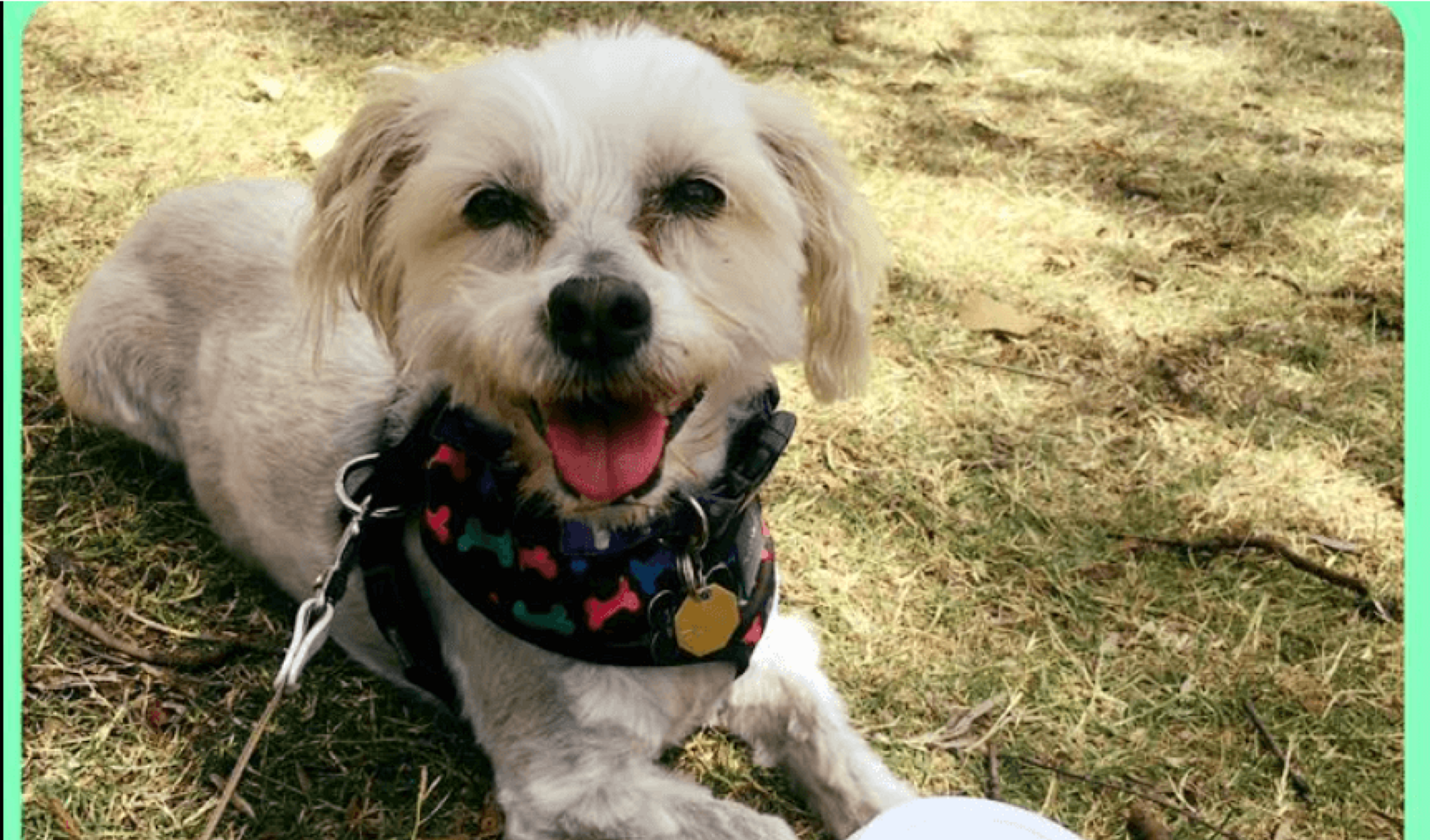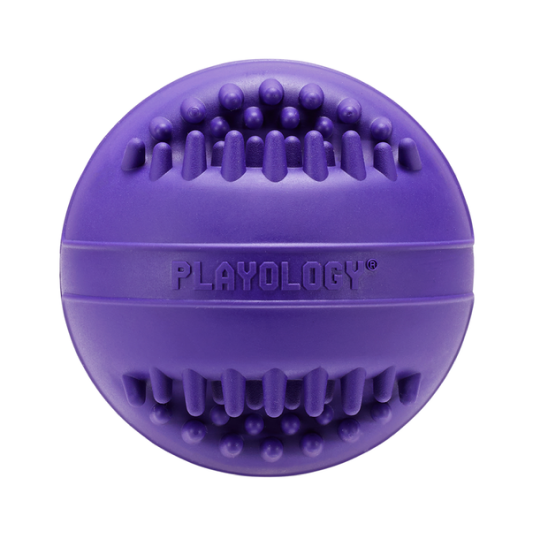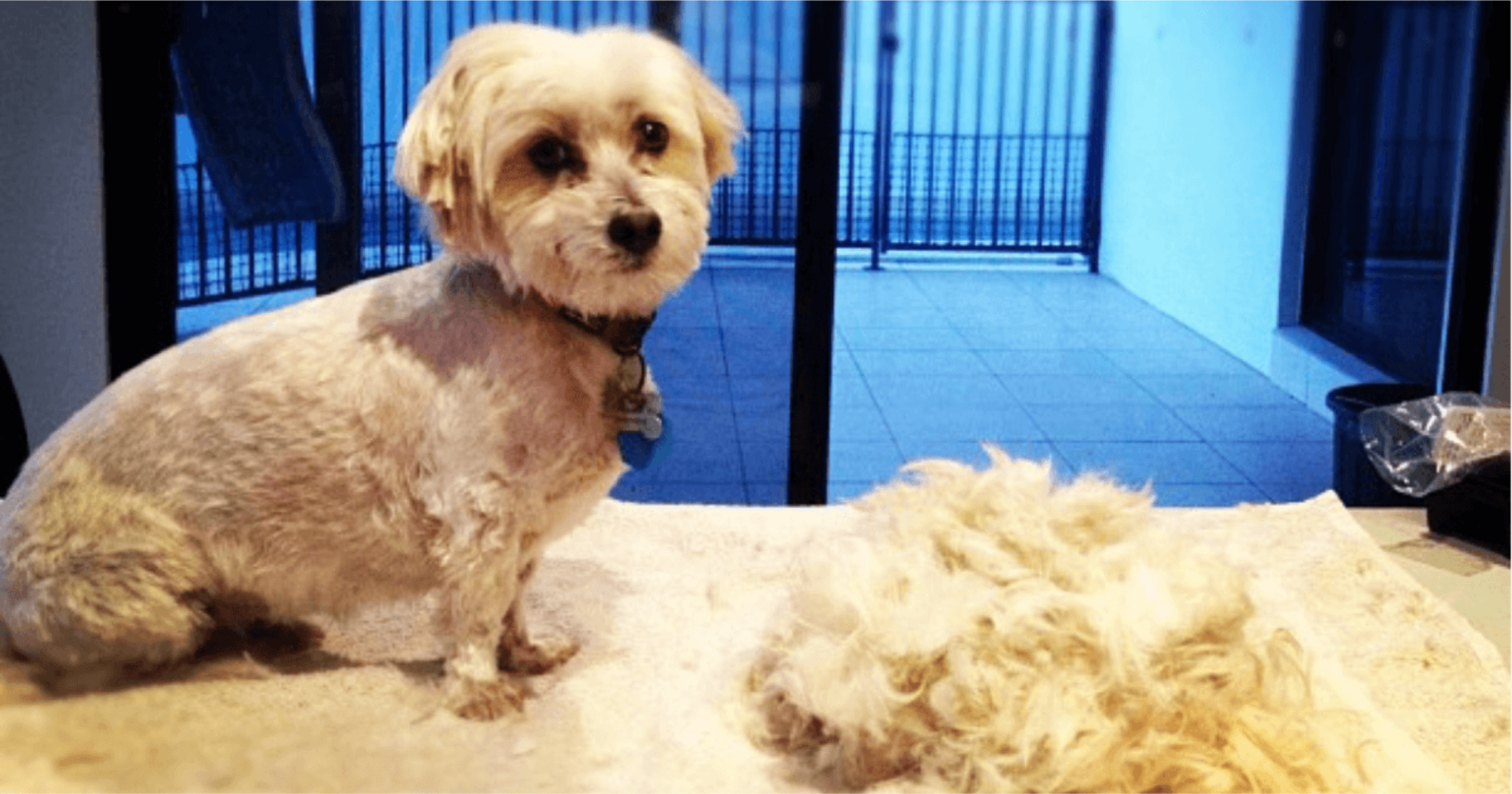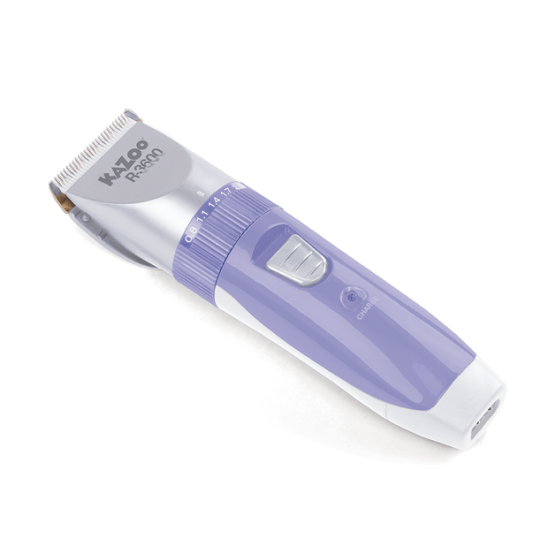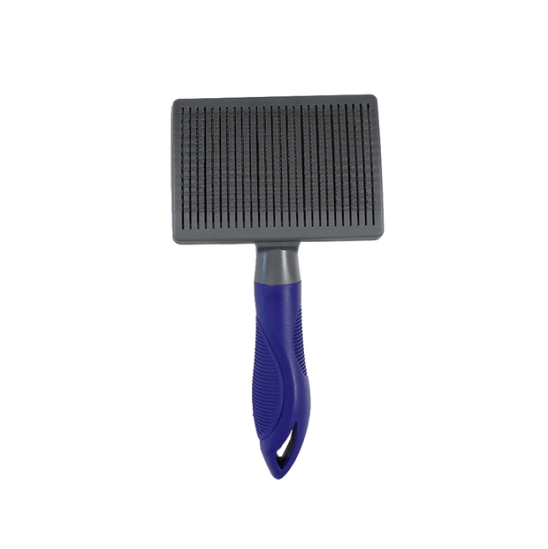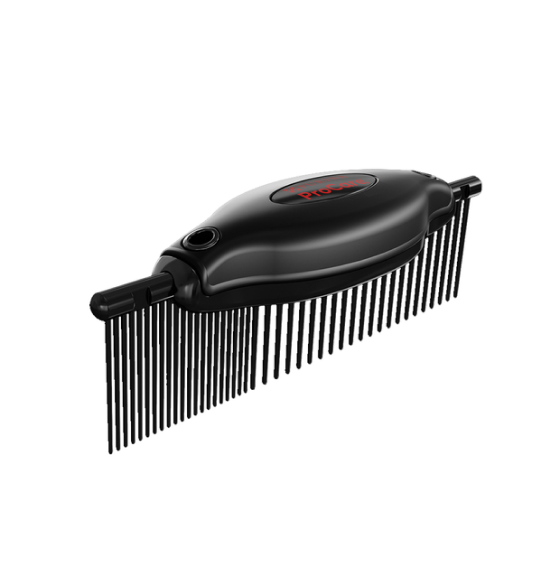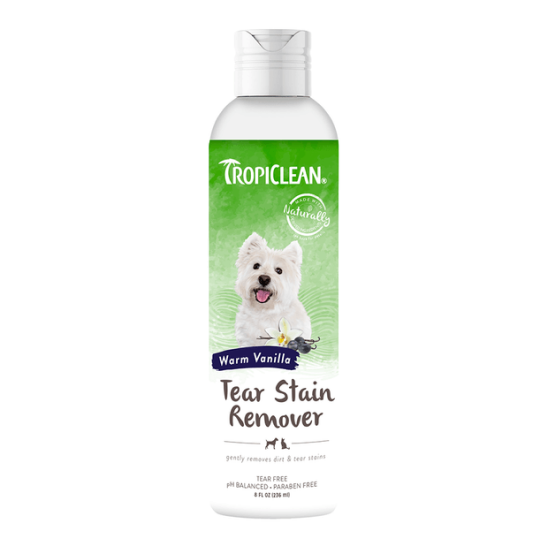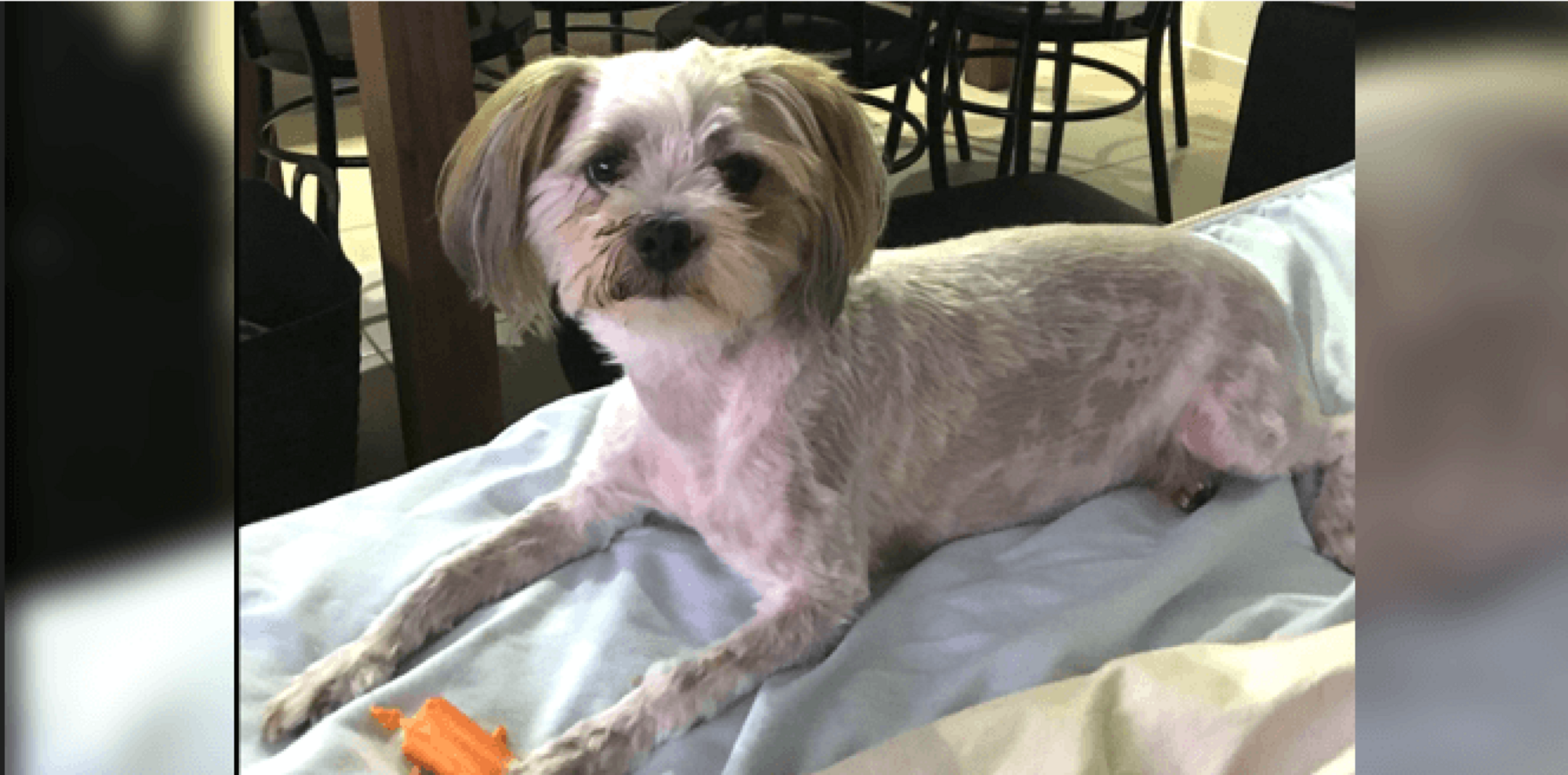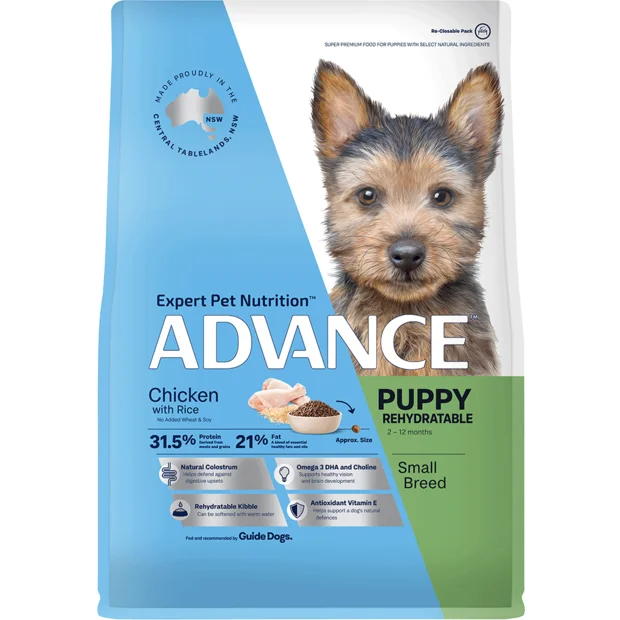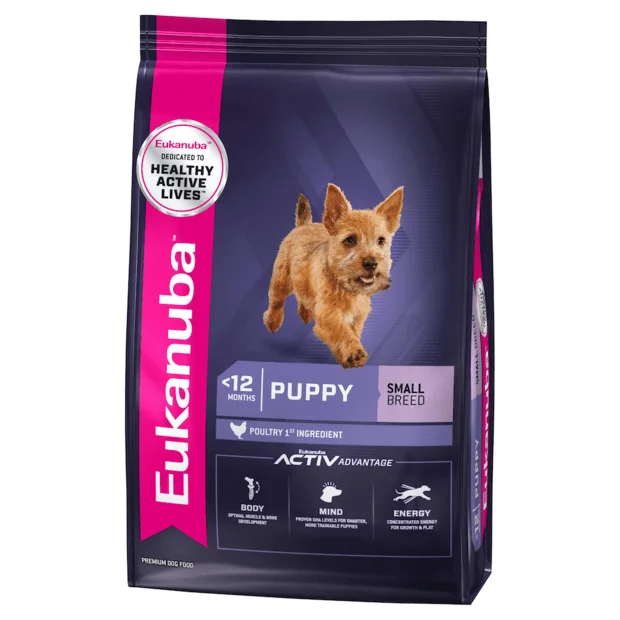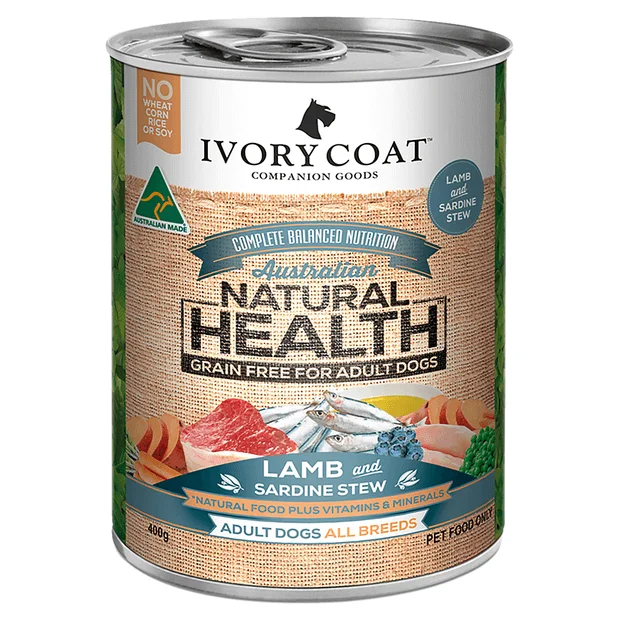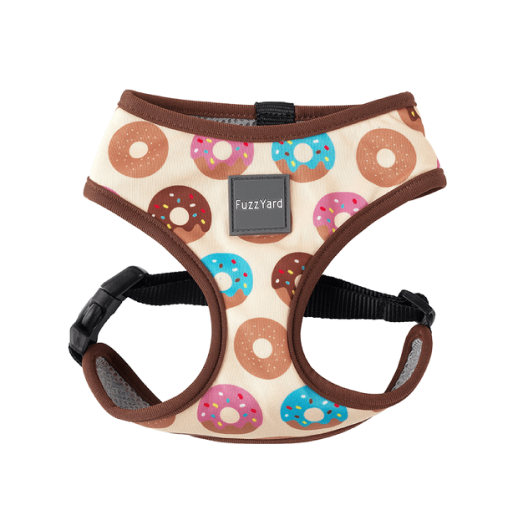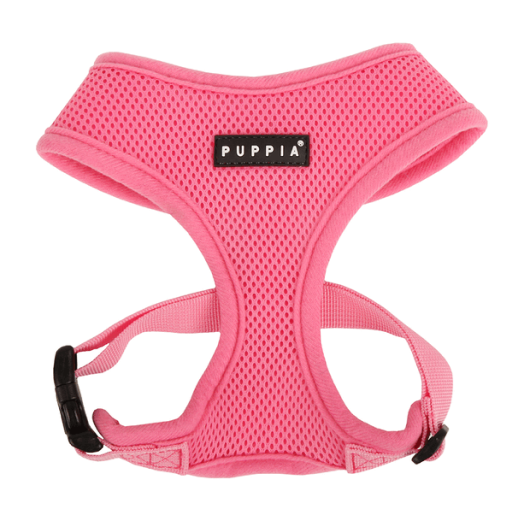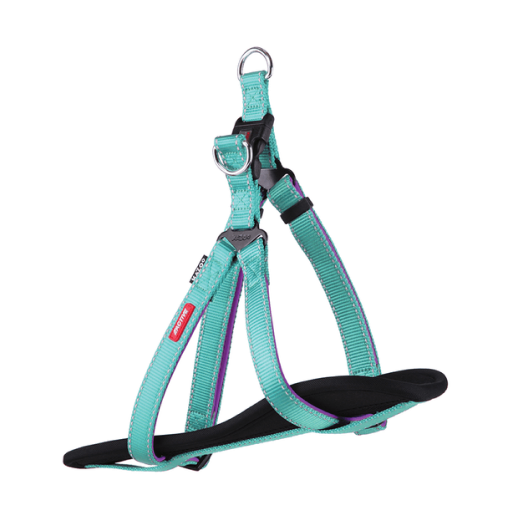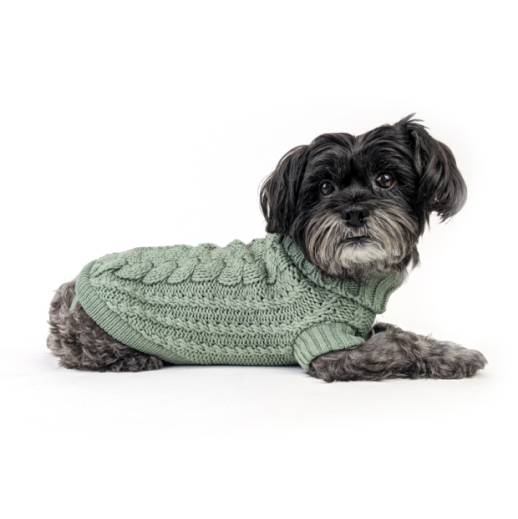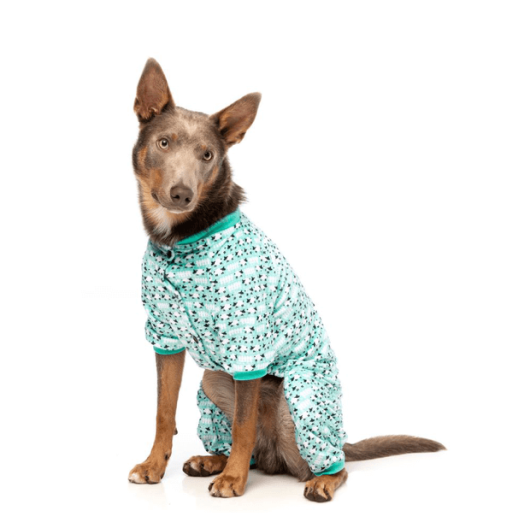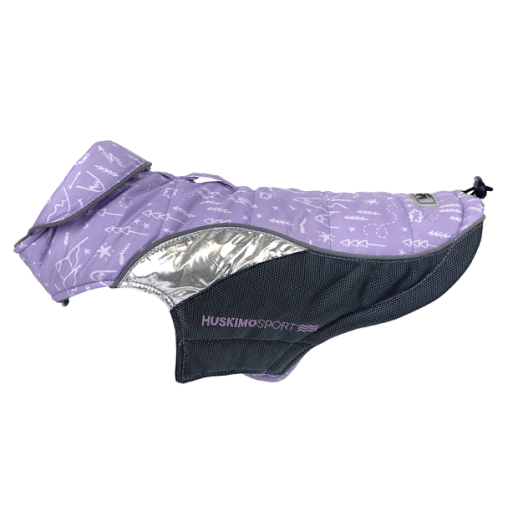Dental Disease is very common in Malteses, as they usually have a preference for palatable wet food and don't always chew their food well. For most Maltese dogs, a dental scale and polish is required at your vet each year, in addition to home care such as regular tooth brushing, dental chews, or a dental care food.
Patellar Luxation - The patella is the kneecap, and patellar luxation is where the patella dislocates out of place to one side, usually momentarily. This can be very uncomfortable, and the severity is assessed in stages based on degree of luxation and how easily the kneecap slips back into place. Advanced stage luxation often requires surgery.
Left-sided congestive heart failure (LS-CHF) and associated heart murmur - In Maltese dogs, heart murmurs are incredibly common and are usually due to a poorly formed valve in the heart, known as the mitral valve. The 'murmur' your vet hears on examination is literally a 'leaky valve' noise - due to this malformed mitral valve, blood in the left ventricle leaks back into the left atrium instead of getting pumped into the body's systemic circulation. In most Malteses, the murmur is usually low grade and may not progress to symptomatic heart disease. However, if severe, diminished cardiac function can occur and result in pressure overload to the left side of the heart. Fluid then leaks into the tissue of the lungs, causing a cough, difficulty breathing, and exercise intollerence.
Portosystemic Liver Shunt - This disorder occurs in susceptible puppies, when abnormal vessel configuration causes blood to bypass the liver. Puppies with a portosystemic shunt are usually small or 'runt-like' and often require surgery to redirect the vessels.
Collapsing trachea - In many small breeds including the Maltese, the cartilage of the trachea (the windpipe) is flimsy and can collapse, preventing the passage of air. The most common symptom is a dry, harsh cough that may sound like a "goose honk," and usually occurs when the dog pulls hard on their collar or during periods of overexcitement. The condition may require surgery if severe, but dogs can get by okay (particularly if they aren't overweight). If your dog suffers from a collapsing trachea, it's important to use a soft harness when walking rather than a collar - and never use a choker chain!
Best Harnesses for Maltese Dogs

